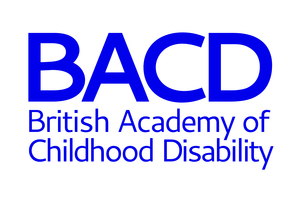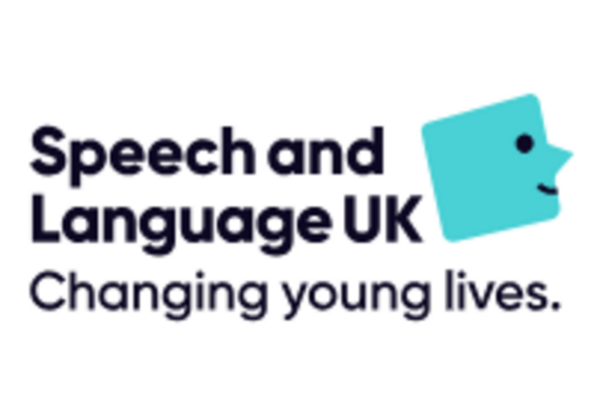Who is struggling, what do they need and what does that mean for SEND reform? How do we reform SEND to work for the two million children who struggle to talk and understand words?
Speech and language challenges are a key factor in determining children’s educational outcomes, mental health and future employment. And now more than two million children are struggling to talk and understand words. What does this mean for SEND reform specifically and for the opportunity agenda as a whole? Join us to find out more about:
- The different cohorts of children with speech and language challenges and how they relate to disadvantage, neurodiversity and disability
- Where current government initiatives like Early Language Support for Every Child and Partnerships for Neurodiversity in Schools fit in and who they can and can’t help
- What kind of provision is in the 78,000 education, health and care plans of the children with speech and language challenges
- What it’s like to be a parent of a child with lifelong speech and language challenges
Chaired by Amanda Allard, Director of Council for Disabled Children, this discussion will give you inside knowledge of the spectrum of speech and language challenges and the real-life experiences of educationalists, Speech and Language Therapists and families. You will come away with a better understanding of the tiers of support every area needs, where ideas like resourced provision in mainstream fit in and how processes are currently failing children.
The event is free and online only and will be available to view after the event on the Speech and Language UK website. Viewers will be able to submit questions to the panel before and during the event via Slido.



